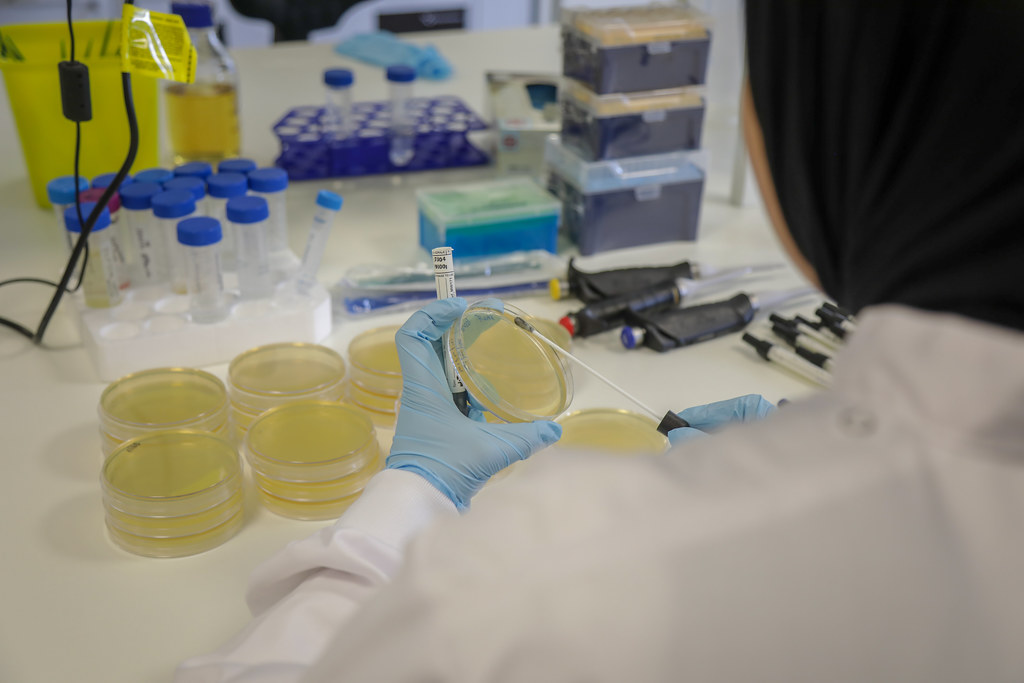About Us
Active?
Facet Toggle
July 07, 2022
Lead poisoning may be one of the most overlooked challenges in global health, education, and development. Exposure to lead creates a multi-pronged and permanent attack on these children’s health and development during their vulnerable and formative early years, with devastating lifelong effects. Lea...
June 27, 2022
While there have been high-level commitments from the World Health Assembly, the United Nations General Assembly (UNGA), the G20, and the G7 to tackle AMR, there has yet to be a fundamental change in how we purchase antimicrobials, or an international approach to improving access, fostering innovati...
July 31, 2017
Many low-and lower-middle-income countries currently procure a large portion of their health commodities through centralized, donor-managed procurement mechanisms, and often at subsidized prices or as donations. Over the next several decades, however, the landscape of global health procurement will ...
September 08, 2016
The Shared Border, Shared Future working group explored ways in which the US and Mexican governments could achieve this bilateral cooperation objective with an agreement that addresses fee systems, visa portability, incentives for worker training, return, and integration, and more. The resulting rep...



